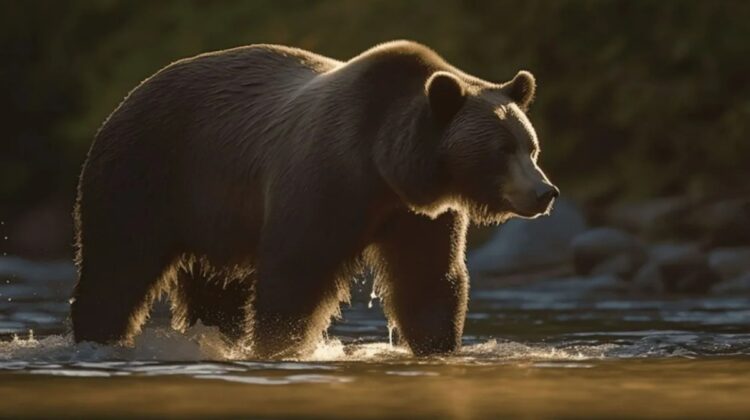
In a heartbreaking incident in Telluride, Colorado, wildlife officers were forced to euthanize a sick bear, which led to a grim discovery during the subsequent autopsy. The bear had been suffering for months due to plastic waste that had blocked its digestive system, shedding light on the devastating consequences of plastic pollution on wildlife.
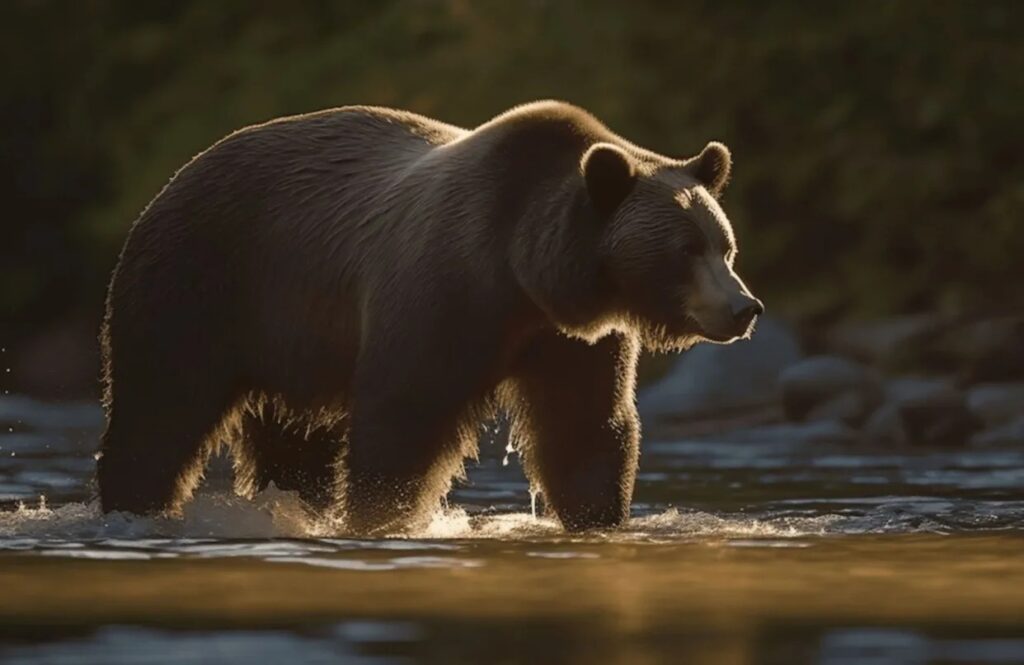
What Happened?
Residents in Telluride raised the alarm by contacting authorities about a severely ailing bear in their community. The bear exhibited visible signs of distress, with foam around its mouth and puffy eyes. John Livingston, a spokesperson from Colorado Parks and Wildlife, noted that the bear appeared to be “battling some kind of infection” and could only manage short walks before needing to rest.
Recognizing the bear’s dire condition, authorities made the difficult decision to euthanize it. Rachel Sralla, the area manager for Colorado Parks and Wildlife, expressed the painful reality of the situation: “We could not leave a sick bear like this knowing it was suffering and struggling to survive. That’s a horrific way to die, decaying from the inside out for that long. As officers, we had to make an unfavorable call … It’s a call we wish we never had to make.”
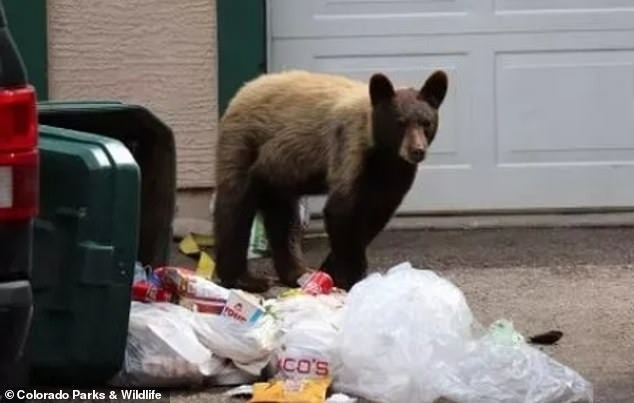
Subsequent examination of the bear’s remains revealed a distressing accumulation of plastic waste and other human trash obstructing its digestive system. “There was all these paper towels, wipes, plastic bag-type materials, and indigestible food content,” Livingston disclosed. “Trash content … wasn’t able to move its way through to the lower intestines.”
Why Is This Concerning?
The harrowing ordeal faced by the bear underscores the severe health hazards posed by getting trash lodged in an animal’s digestive tract. Plastic materials, in particular, can obstruct vital organs, preventing them from carrying out their essential functions. John Livingston emphasized the grim reality, stating, “To be eating and eating and not able to break down any of that food would have been a really sad and horrific way for that bear to suffer as it died.”
Bears, known for their remarkable sense of smell and strong memories, can detect dangerous materials such as plastic from great distances. Unfortunately, they are prone to consuming materials they cannot digest, as demonstrated by the tragic fate of the Telluride bear.
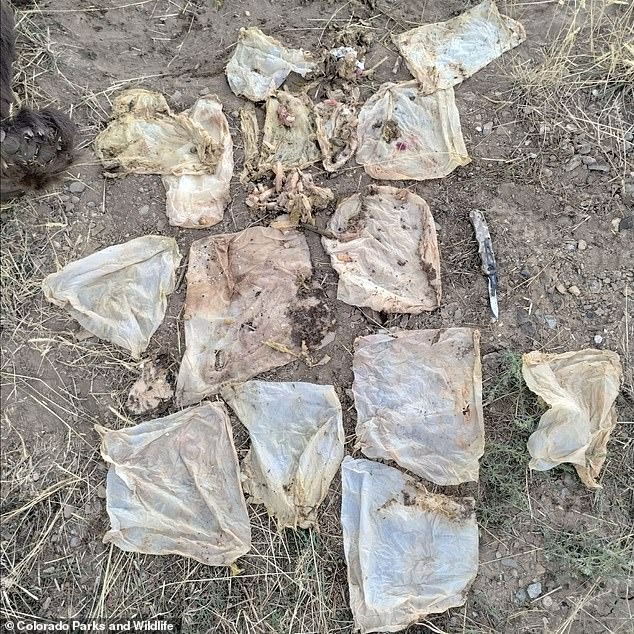
It’s important to recognize that plastic waste doesn’t solely imperil bears; it has global implications for wildlife. According to Earth.org, up to 100,000 marine animals perish each year due to ingesting or becoming entangled with plastic. Additionally, other scavenging mammals and birds are susceptible to consuming plastic while foraging for human leftovers.
What Can You Do to Help?
Preventing tragedies like the one that befell Telluride’s bear requires a collective effort to reduce plastic consumption. Here are some practical steps you can take to lessen your plastic waste:
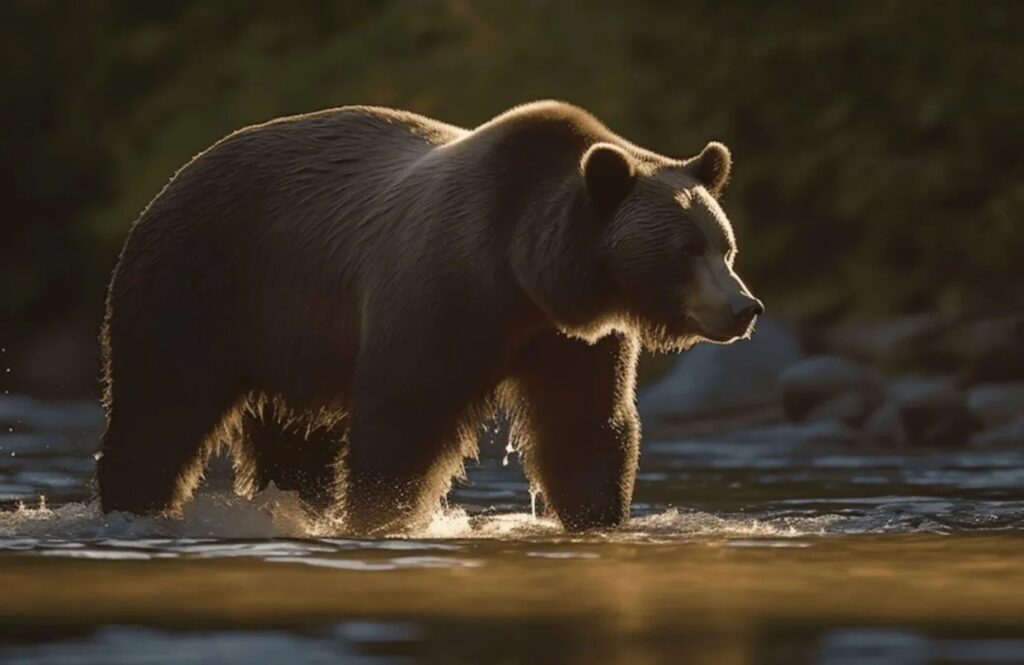
- Use Reusable Items: Invest in reusable water bottles, shopping bags, and containers for food storage. This reduces the need for single-use plastic items.
- Choose Biodegradable Packaging: Opt for food items and products with biodegradable or eco-friendly packaging whenever possible.
- Reduce Single-Use Plastics: Cut down on single-use plastic items like straws, utensils, and takeout containers. Bring your own alternatives when dining out.
- Proper Waste Disposal: If you live in an area with wildlife, ensure that you dispose of waste properly to keep it out of the reach of curious animals. Use wildlife-proof containers and secure your trash to prevent animals from accessing it.
By making conscious choices to limit your plastic consumption, you can play a crucial role in protecting wildlife and the environment, preventing future tragedies like the one experienced by the unfortunate bear in Telluride. It’s a small yet significant step toward a cleaner and safer planet for all.

Leave a Reply